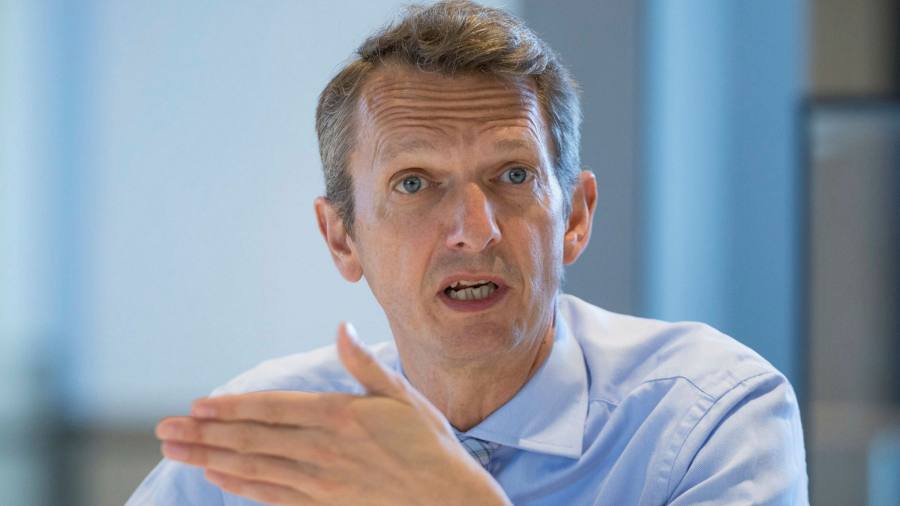[ad_1]
Bank of England chief economist Andy Haldane has warned of the risk of central bank complacency on inflation as the UK economy recovers from the coronavirus pandemic.
He compared inflation to a tiger that had been stirred by ultra-loose monetary policy and said there was a “tangible risk†that it would prove “more difficult to tame†than policymakers expected.
In a recorded speech published on Friday, he said that there were risks to tightening monetary policy before the economy fully recovered. But for him, “the greater risk at present is of central bank complacency allowing the inflationary ‘big’ cat out of the bagâ€.
Inflation has been subdued in the UK, as it has in many other countries during the pandemic, because of a drop in consumer demand.
The BoE’s Monetary Policy Committee foresees UK inflation remaining around its target level this year, with the risks around this projection considered large but balanced.
Deputy governor Dave Ramsden on Friday said risks to UK inflation were broadly balanced. “I see inflation expectations — whatever measure you look at — well anchored,†he said following a speech given online.
Haldane acknowledged that “disinflationary forces†could return if the impact of the virus proved more persistent than expected, but that in his judgment the risks to inflation “are skewed to the upside, rather than being balancedâ€.
Inflation could overshoot the BoE inflation target of 2 per cent for a sustained period as “resurgent demand bumps up against constrained supplyâ€, he said.
As much as £400bn of household and company savings would be seeking a new home by the middle of this year — equivalent to about a third of annual economic output, Haldane added.
“This would provide a very significant degree of additional demand stimulus to an already rapidly recovering economy,†he said.
He also noted that, unlike in previous economic crises, household incomes were likely to have been resilient, thanks to the government support scheme, suggesting earlier upward price pressure when the economy recovers.
While there are reasons to expect a rapid recovery in demand, supply could be limited by factors such as depressed investment. The MPC’s projections assume about a 6.5 per cent hit to the capital stock from the pandemic which will serve to tighten supply-side constraints.
Haldane said the hit to capital could be larger if companies’ risk appetite remained subdued or if debts accumulated during the crisis acted as a drag on investment, adding to the upward price pressure.
A shrinking proportion of the population of working age is also a longer-term factor adding to the upward pressure on UK inflation.
If the pool of workers relative to the overall population continued to shrink, it “would turn the demographic tailwinds of the past decade into a headwind looking ahead, constraining supply and potentially amplifying inflationary forcesâ€, said Haldane.
He added that Covid-19 provided a further impetus towards localisation, and it was possible that trends in globalisation could even go into reverse in the period ahead, increasing “inflationary impetusâ€.
[ad_2]
Source link





